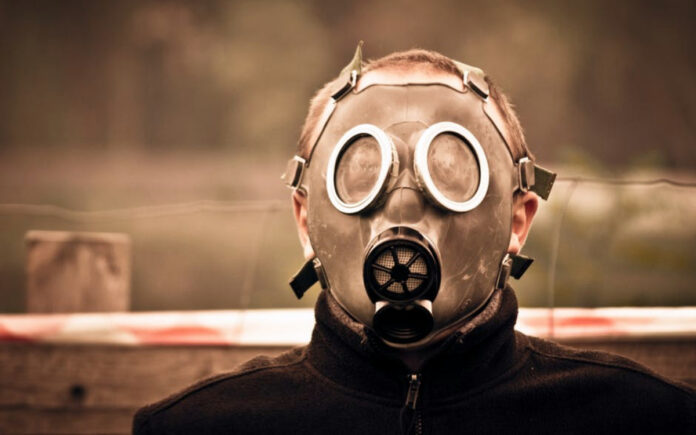Washington: Recent reports suggest that Russia is significantly intensifying its bioweapons research initiatives, establishing advanced facilities in both proximity to Moscow and in several African nations. This information has been revealed by the Robert Lansing Institute (RLI) and supported by corroborating details from the Washington Post.
Revitalizing the Research Facility
RLI’s analysis points to the Russian military’s active study of hemorrhagic fever viruses and smallpox strains, with these activities reportedly coinciding with viral outbreaks in Africa. The investigation highlights that Russia has begun renovations and expansions at its former Cold War-era biological research center, Sergiev Posad-6, located near Moscow, according to Digi24.
Satellite imagery indicates the presence of new installations at this site, which was once a central hub for the Soviet Union’s biological weapons program, known as the 48th Central Research Institute under the Soviet Ministry of Defense. According to RLI, these upgraded facilities could be linked to Russia’s growing interest in biological warfare, particularly as tensions with the West increase.
Russian Research Aligns with Viral Outbreaks
The report further notes that in 2022, military virologists from Russia’s Ministry of Defense were connected to research activities in Africa. Observers have pointed out that Russian studies on pathogens such as the Marburg virus and monkeypox were conducted in close proximity to the times and locations of outbreaks of these diseases, including a Marburg outbreak in Ghana.
Also Read | Israel’s Chief of Staff Issues Strong Warning to Iran Over Missile Attacks
Analysts at RLI assert that Russian biolaboratories in Africa may be gathering highly virulent biological samples as part of a larger strategic initiative. Meanwhile, Russia has curtailed public access to data on defense contracts, thereby limiting transparency regarding its recent activities in Africa.
Also Read | Russian, Chinese Foreign Ministers Meet in Beijing Amid Rising Global Tensions
RLI suggests that Russia’s allegations against U.S.-backed biolabs in countries such as Ukraine, Kazakhstan, and Georgia may act as a smokescreen, diverting attention from its own research undertakings.



